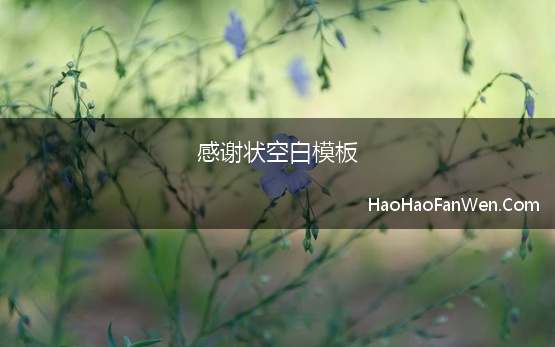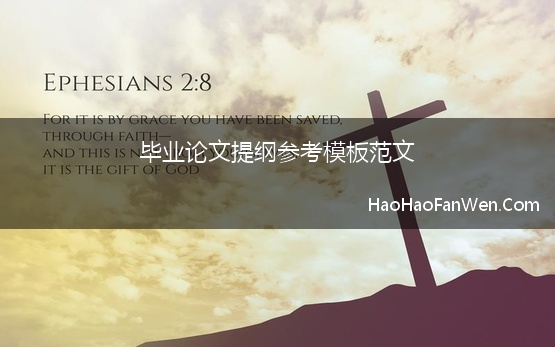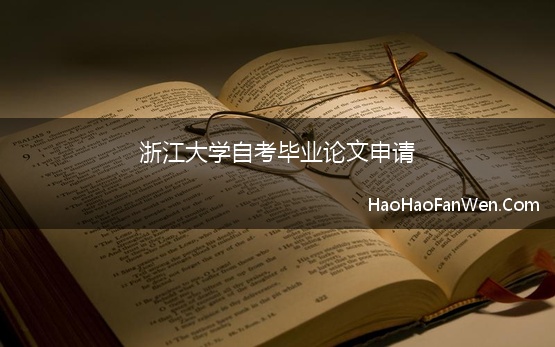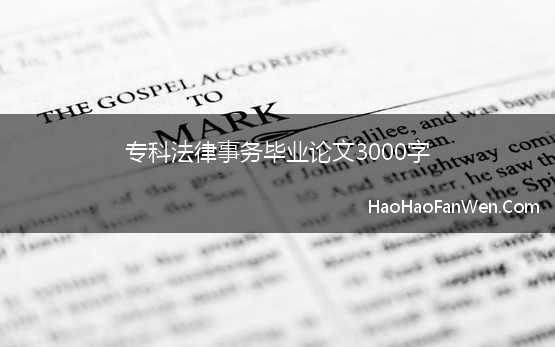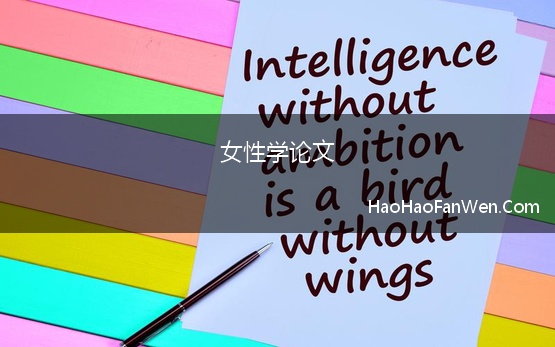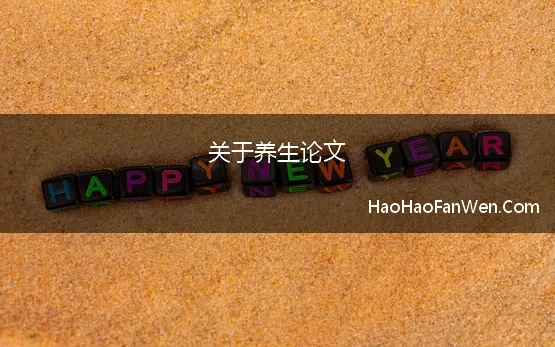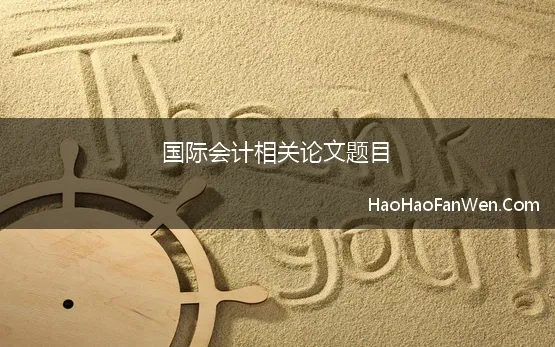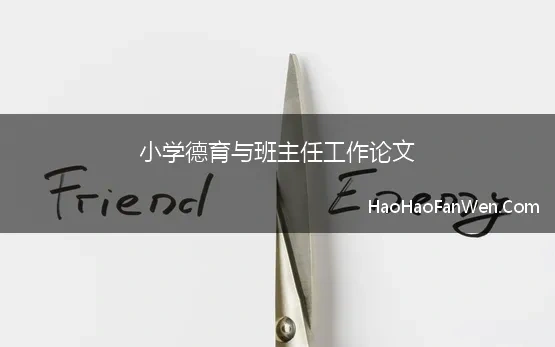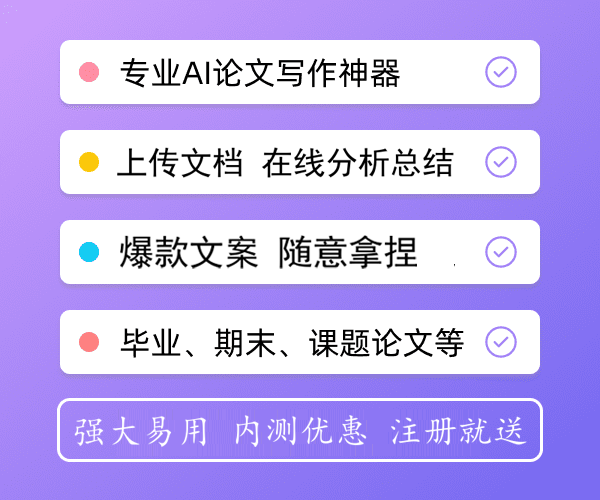蝇王的论文 蝇王类毕业论文文献有哪些
下面是好好范文网小编收集整理的蝇王的论文 蝇王类毕业论文文献有哪些,仅供参考,欢迎大家阅读!
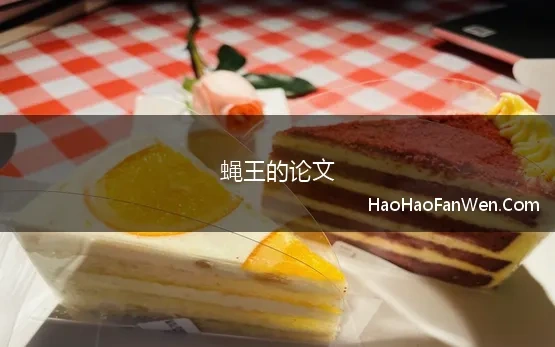
1.[期刊论文]论《蝇王》中的艺术象征主义
期刊:《艺术科技》 | 2021 年第 012 期
链接:
---------------------------------------------------------------------------------------------------
2.[期刊论文]《蝇王》中脆弱理性的体现
期刊:《文学教育(上)》 | 2021 年第 007 期
摘要:在文学作品的创作中,对人类理性进行反省的作品有很多.而威廉·戈尔丁的著名小说《蝇王》正是其中之一,作品以一群孩童为主体,深刻而严肃的探讨了理性对于人类的影响,揭露了理性在现代世界脆弱的一面,表达了作者对人类生存现状的反思.
关键词:理性;野蛮;正义;邪恶
链接:
---------------------------------------------------------------------------------------------------
3.[期刊论文]《蝇王》中的霍布斯政治哲学探究
期刊:《文学教育(上)》 | 2021 年第 001 期
摘要:《蝇王》是诺贝尔文学奖获得者戈尔丁的代表作,这部小说凸显了他的"人性恶"思想,如他所言:恶出于人如同蜜产于蜂一样.这部以孩子为叙述主体的小说中弥漫着对人性的探索,渗透着被誉为"政治哲学第一人"的霍布斯的政治哲学关键词:自然,权力与国家.少年拉尔夫和杰克的争权夺利促发他们之间不可调和的冲突与分歧,进而从本应患难与共的朋友演变为反目成仇的对手.在没有一个共同体使大家慑服的时候,人们便处于所谓的战争状态之下.《蝇王》中本应天真无邪、互助合作的孩子们在自然状态下陷入了险恶的战争中,这是霍布斯所说的自保之道,也是他对人类本性的怀疑,对人性之恶的诠释.
关键词:政治哲学;自然状态;权力欲望;国家情怀
链接:
---------------------------------------------------------------------------------------------------
4.[期刊论文]《蝇王》中"善"与"恶"的艺术表达
期刊:《艺术科技》 | 2021 年第 011 期
摘要:在20世纪的文学领域中,威廉·戈尔丁盛名在外.他在小说《蝇王》中引入他始终关注的深刻议题:群众文明所推崇的理性同天性中所携带的野蛮成分的抗争.本文选取《蝇王》进行评估,依托善恶观视角,理解故事主角们后期遵循丛林法则,互相残杀的真实诱因,重新剖析此部作品.
关键词:蝇王;人性;善恶观
链接:
---------------------------------------------------------------------------------------------------
5.[期刊论文]《蝇王》:"乐园变荒岛"的悲剧
期刊:《海外英语(上)》 | 2021 年第 003 期
摘要:《蝇王》是英国小说家威廉·戈尔丁于1954年写成的一本著作,这本内容丰富值得人深思的小说,自问世以来便吸引着无数学者的目光.书中一幕幕的悲剧让人觉得震惊的同时也不禁引人深思,文章试图从精神分析和心理学角度,采用弗洛伊德和拉康等人的精神分析理论和心理学的理论,从悲剧中"三重人格"到"女性"最后到"群体"三个层次,由微观逐步到宏观,来对《蝇王》中"乐园变荒岛"的悲剧分析解读.
关键词:蝇王;悲剧;精神分析;心理学;三个层次
链接:
---------------------------------------------------------------------------------------------------
6.[学位论文]和谐与冲突:文学伦理学批评视角下《蝇王》的解读
目录
封面 目录 声明 摘要 Abstract 1 Introduction 1.1 Introduction to William Golding and Lord of the Flies 1.2 Literature Review 1.2.1 Research on Lord of the Flies Abroad 1.2.2 Research on Lord of the Flies at Home 1.3 Theoretical Basis:Ethical Literary Criticism 1.4 Research Significance of the Thesis 2 Harmony and Conflicts Between Man and Nature in Lord of the Flies 2.1 Harmony Between Man and Nature 2.2 Confliets Between Man and Nature 3 Harmony and Conflicts of the Ethical Order in Lord of the Flies 3.1 Establishment of the Ethical 0rder 3.1.1 The Sound of the Coneh:Symbol of Leadership 3.1.2 The Signal Smoke:Symbol of Distress Signal 3.1.3 The Establishment of Rules and 0rder on the Island 3.2 Destruction of the Ethical 0rder 3.2.1 The Presence of Beasts:The Beginning of Conflicts 3.2.2 The Death of Simon:The Aggravation of Conflicts 3.2.3 The Collapse of Democracy and Civilization on the Island 4 Ethical Selections of the Characters in the Context of Harmony and Conflicts and the Moral Teaching 4.1.1 Ralph:Loyal to Civilization 4.1.2 Jack:Willing to be Responsible 4.1.3 Piggy:Advocating Rationality 4.2 Ethical Selections of the Characters Controlled by Animal Factors 4.2.1 Ralph:Shirking the Responsibility 4.2.2 Jack:Turning to Evil 4.2.3 Piggy:Forbearing Like a Coward 4.3 Moral Teaching 5 Conclusion Acknowledgement References Paper Published in the Period of Ph.M.Education著录项
学科:外国语言文学;英语语言文学
授予学位:硕士
年度:2021
正文语种:中文语种
链接:
---------------------------------------------------------------------------------------------------
7.[学位论文]英国反乌托邦小说的空间建构--以《美丽新世界》、《1984》、《蝇王》为例
目录
封面 摘要 英文摘要 目录 绪论 一、乌托邦——反乌托邦关联性研究 二、关于反乌托邦小说的文本研究 三、空间理论在文学上的应用 第一章反乌托邦小说传统及其空间化倾向 第一节源头:乌托邦文学与乌托邦实践 一、乌托邦文学的起源与发展 二、乌托邦实践 第二节反叛:英国反乌托邦小说传统 一、对乌托邦存在的怀疑 二、反乌托邦小说的到来 第三节新变:乌托邦与反乌托邦的空间化解读 一、乌托邦与反乌托邦地图 二、作为城市空间的乌托邦 第二章英国反乌托邦小说的空间形式 一、阿道斯·赫胥黎与《美丽新世界》 二、金字塔式的层级空间 三、“新世界”与行为控制 第二节《1984》——私人空间的终结 一、奥威尔与《1984》 二、个体行为与空间的展开 三、被挤压的私人空间 第三节《蝇王》——封闭空间中的生存法则 一、戈尔丁与《蝇王》 二、封闭空间:文明与原始的选择 三、荒岛求生下的力量崇拜 第三章英国反乌托邦小说的空间叙事策略 第一节对立空间接触与碰撞 第二节历史空间的碎片化 第三节开放式结尾与空间的延展 第四章反乌托邦空间的意义增殖 第一节重构时间、空间与社会关系 第二节对“他处”的追寻 第三节不断建构中的反乌托邦空间 结论 参考文献 致谢 攻读学位期间发表论文 声明著录项
学科:比较文学与世界文学
授予学位:硕士
年度:2020
正文语种:中文语种
链接:
---------------------------------------------------------------------------------------------------
8.[学位论文]《蝇王》的文学伦理学解读
目录
封面 Contents 摘要 Abstract Introduction 0.1 A Brief Introd uction to William Golding and Lord of the Flies 0.2 Literature Review 0.3 Thesis Statement Chapter One Theoretical Foundation 1.1 The Origin and Development of Ethical Literary Criticism 1.2 Major Contents of Ethical Literary Criticism Chapter Two Moral Ethical Ideas in Lord of the Flies 2.1 The Kindness at the Beginning 2.1.1 The Kindness of the Children 2.1.2 The Reason and Goodness in Simon 2.2 The Release of Evil 2.2.1 The Appearance of Beast and Environmental Changes 2.2.2 The Change of Characters’Mentality 2.3 The Return and Redemption of Human Nature 2.3.1 The Redemption of Religion 2.3.2 The Power of Modern Civilization Chapter Three Eco-ethical Ideas in Lord of the Flies 3.1 Adherence to the Eeo-ethical Rules 3.1.1 The Harmonious Ecological Environment 3.1.2 The Harmony between Man and Nature 3.2 Violation of the Eco-ethical Rules 3.2.1 Control of Living Organisms 3.2.2 Shattering of the Island Chapter Four Social Ethical Ideas in Lord of the Flies 4.1.1 Establishment of Leadership 4.1.2 Recognition of Rescued Target 4.1.3 Initial Fire and Establishment of Order 4.2 Chaos of Rational Order 4.2.1 Crisis of Leadership 4.2.2 Ambiguity of Rescued Target 4.2.3 Extinguished Fire and Disorder of Survival Conclusion Bibliography 攻读硕士学位期间所发表的学术论文 声明 Acknowledgements著录项
学科:英语语言文学
授予学位:硕士
年度:2019
正文语种:中文语种
中图分类:中国文学
链接:
---------------------------------------------------------------------------------------------------
9.[学位论文]《蝇王》中的人性三属性与失控游戏
目录
封面 Abstract 摘要 Contents Introduction Chapter One The Biological Attribute and the Losing Game 1.1 Personal Unconscious 1.2 Collective Unconscious Chapter Two The Social Attribute and the Losing Game 2.1 Social Thinking 2.2 Social Influence 2.3 Social Relation Chapter Three The Spiritual Attribute and the Losing Game 3.1 Spirituality and Spiritual Attribute 3.2 The Sprout of Spiritual Attribute 3.3 Simon’s Prominent Spiritual Attribute Conclusion Bibliography Acknowledgments 声明著录项
学科:英语语言文学
授予学位:硕士
年度:2017
正文语种:中文语种
链接:
---------------------------------------------------------------------------------------------------
10.[学位论文]《蝇王》中的凝视与反凝视
目录
封面 声明 中文摘要 英文摘要 目录 Chapter 1 Introduction 1.1 William Golding and Lord of the Flies 1.2 Lite rat ure Re vie w 1.3 The Perspective of Gaze 1.4 Thesis Structure Chapter 2 Construction of a Hierarchical Society 2.1 Males in the Dominant Group 2.1.1 Advocacy of Hegemonic Masculinity 2.1.2 Symbols of Male Power 2.2 Males in Non-hege monic Group 2.2.1 Males with Subordina te d Masculinity 2.2.2 Males with Complicit Masculinity Chapter 3 Objectification Under Hegemonic Gaze 3.1 Objectification of Effeminate Males and the Mother Sow 3.1.1 The Fate Community of the Sow and Piggy 3.1.2 Simon and Littluns as the Object 3.2 Deprivation of the Right of Speech 3.2.1 Effeminate Males and the Sow as the Other 3.2.2 Self-objectifica tio n of the Other and Disempowerme nt of Ralph Chapter 4 Counter-gaze of the Other 4.1 Weak Counte r-gaze 4.1.1 Escaping From Gaze 4.1.2 Uncovering the Truth 4.2 Strong Counte r-gaze 4.2.1 Oppositiona l Gaze 4.2.2 Fighting for Right of Speech Conclusion 参考文献 Appendix A攻读学位期间所发表的学术论文 Appendix B详细中文摘要 致谢著录项
学科:英语语言文学
授予学位:硕士
年度:2017
链接:

